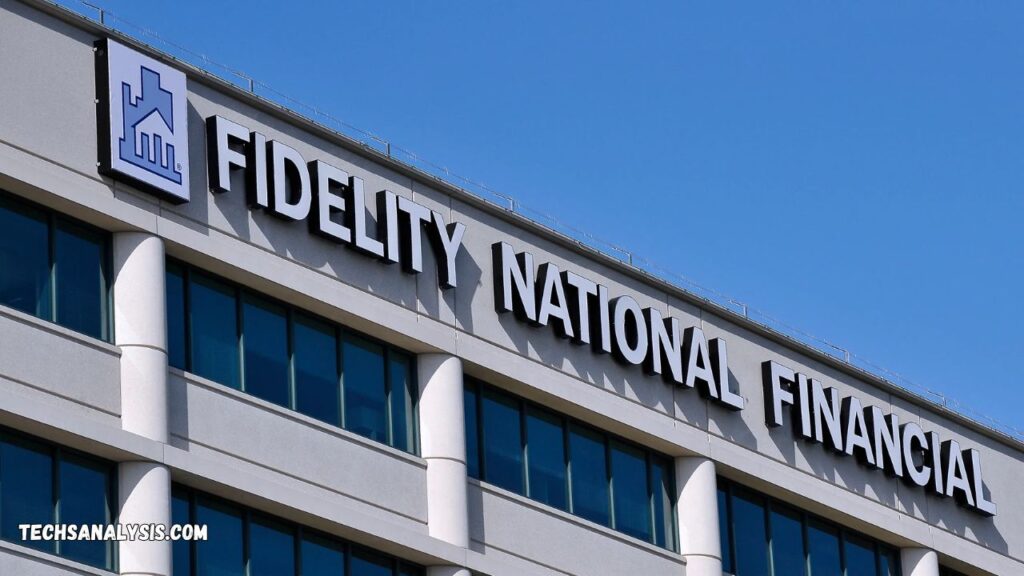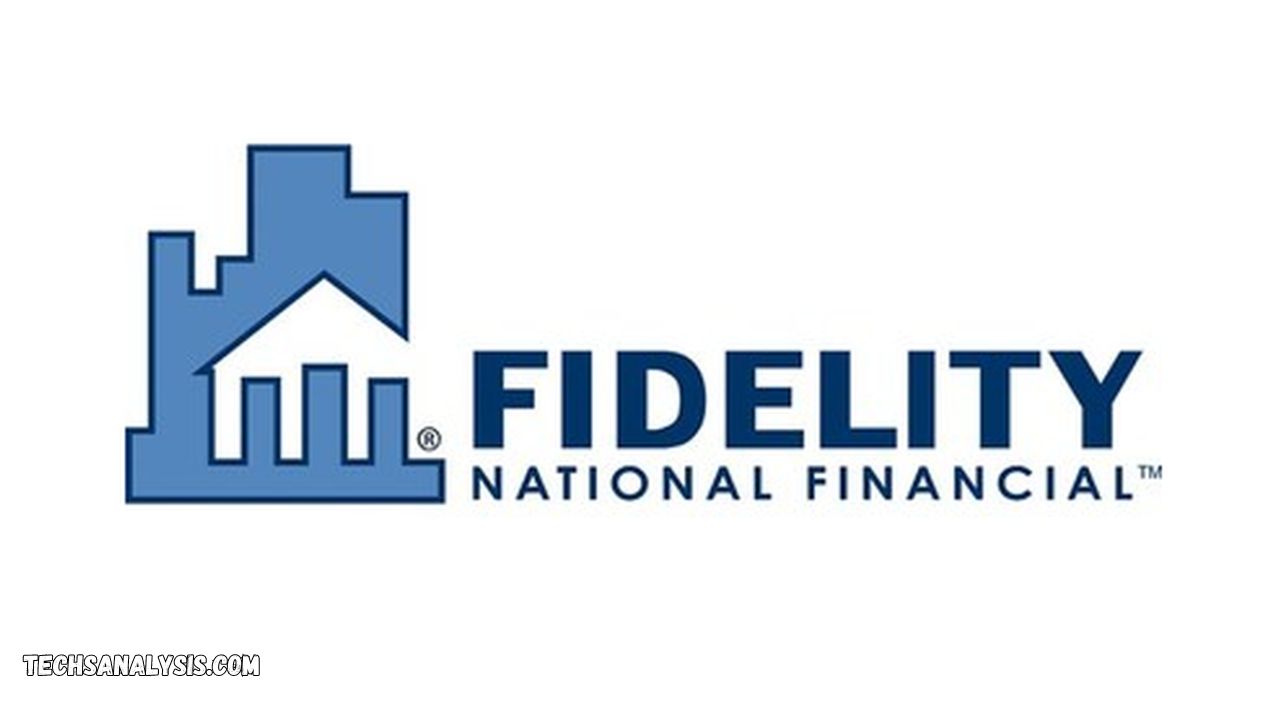In November 2023, Fidelity National FNF faced a ransomware attack by ALPHV, leading to a data breach affecting 1.3M customers. FNF offered credit monitoring and notified authorities.
Introduction
In November 2023, Fidelity National Financial (FNF), a major player in the real estate services industry, faced a significant cyber incident. This incident resulted in the company’s systems being offline for an entire week, causing widespread concern among its customers and stakeholders. The cyberattack, typical of many recent high-profile breaches, was likely a ransomware attack that also involved a substantial data breach. This article delves into the details of the attack, the responses from FNF, and provides actionable steps for those potentially affected. Additionally, it answers critical questions about FNF’s history with data breaches and the ownership and management of the company.
Cyber Attack on Fidelity National Financial
Overview of the Incident
In late 2023, Fidelity National Financial experienced a severe cyber incident that rendered its systems non-operational for a week. This disruption highlighted the vulnerability of even well-established companies to cyber threats. Ransomware attacks, in particular, have become increasingly common and sophisticated, posing significant risks to organizations across various sectors.
Ransomware Attack Details
The attack on FNF was attributed to the ransomware group ALPHV, also known as BlackCat. This group is notorious for its high activity levels and dangerous operations. In many cases, ransomware groups steal data from their targets to use as leverage, demanding ransom payments in exchange for not releasing or selling the data.
ALPHV claimed responsibility for the FNF attack on its leak site, which is a common practice among ransomware gangs to pressure their victims. Interestingly, the listing of FNF on ALPHV’s leak site was later removed. This could suggest that FNF paid the ransom, though it might also be related to the takedown of ALPHV’s infrastructure by law enforcement in December 2023. However, ALPHV quickly re-emerged, demonstrating the resilience and adaptability of these criminal groups.
Response from Fidelity National Financial

Filing of Form 8-K
In response to the cyber attack, Fidelity National Financial filed a Form 8-K with the Securities and Exchange Commission (SEC). This form, also known as a “current report,” is used by publicly traded companies to disclose significant events that shareholders should be aware of. In the form, FNF detailed the cyber incident, its impact, and the steps being taken to address the situation.
Notifications to Affected Parties
FNF reported that it had notified applicable state attorneys general and regulators about the breach. Additionally, the company informed approximately 1.3 million potentially impacted consumers. Despite the widespread notifications, FNF has not yet specified the exact type of data that may have been stolen. However, the company is offering credit monitoring and identity theft services to those affected, aiming to mitigate potential damages and reassure its customers.
Actions for Affected Consumers
If you suspect you are a victim of this data breach, consider taking the following actions to protect yourself:
Check the Vendor’s Advice
Each data breach is unique, and the best course of action can vary depending on the specifics of the incident. Check with FNF for any advice or instructions they have provided to affected customers. Following the vendor’s guidance can help you take the necessary steps to secure your information.
Change Your Password
One of the first steps you should take if you suspect your information has been compromised is to change your password. Choose a strong, unique password that you do not use for any other accounts. For added security, consider using a password manager to generate and store complex passwords.
Enable Two-Factor Authentication (2FA)
Two-factor authentication (2FA) adds an extra layer of security to your accounts. If possible, use a FIDO2-compliant hardware key, laptop, or phone as your second factor. Unlike other forms of 2FA, FIDO2 devices cannot be phished, providing a more secure authentication method.
Beware of Fake Vendors
Cybercriminals may attempt to exploit the situation by posing as FNF or other trusted entities. Be cautious of unsolicited communications and verify the legitimacy of any messages you receive. Check the vendor’s website for official information and use a different communication channel to confirm any contacts.
Take Your Time
Phishing attacks often create a sense of urgency, using themes such as missed deliveries, account suspensions, or security alerts to prompt immediate action. Take your time to verify the authenticity of any urgent messages before responding.
Set Up Identity Monitoring
Identity monitoring services can alert you if your personal information is found being traded illegally online. These services can also assist with recovery efforts if your identity is compromised. Consider enrolling in an identity monitoring service for ongoing protection.
Has Fidelity Ever Had a Data Breach?
Historical Data Breaches
Fidelity National Financial, like many large organizations, has faced cybersecurity challenges in the past. Data breaches have become a common issue for companies across various industries, and FNF is no exception. Understanding the history of data breaches at FNF can provide context for the current incident and highlight the importance of robust cybersecurity measures.
Impact on Consumers and the Company
Previous data breaches at FNF have had significant impacts on both consumers and the company itself. Customers may experience issues such as identity theft, financial fraud, and unauthorized access to their accounts. For the company, data breaches can lead to financial losses, reputational damage, and increased regulatory scrutiny.
Who Owns Fidelity National Financial?

Ownership Structure
Fidelity National Financial is a publicly traded company, listed on the New York Stock Exchange under the ticker symbol FNF. As a publicly traded entity, its ownership is distributed among its shareholders. These shareholders include institutional investors, mutual funds, and individual investors who buy and sell shares on the stock market.
Major Shareholders
Major shareholders of Fidelity National Financial typically include large institutional investors such as Vanguard Group, BlackRock, and State Street Corporation. These institutions hold significant portions of FNF’s outstanding shares and can influence corporate governance through their voting rights.
Has FNF Been Hacked?
Overview of Cyber Incidents
Yes, Fidelity National Financial has experienced cyber incidents, including hacks and data breaches. The most recent incident in November 2023 is part of a broader trend of increasing cyberattacks targeting large organizations. These attacks underscore the importance of continuous vigilance and investment in cybersecurity measures.
Impact of Hacks on FNF
Cyber incidents can have far-reaching consequences for Fidelity National Financial. The immediate impact includes operational disruptions, financial losses, and the need for incident response efforts. Long-term effects may involve regulatory fines, legal liabilities, and damage to the company’s reputation.
Did Fidelity Pay the Ransom?
Speculation and Evidence
The removal of FNF’s listing from ALPHV’s leak site has led to speculation that the company may have paid the ransom. However, this has not been confirmed by FNF or other sources. Another potential explanation is the takedown of ALPHV’s infrastructure by law enforcement, which may have disrupted the group’s operations temporarily.
Company’s Official Stance
As of now, Fidelity National Financial has not publicly disclosed whether it paid the ransom demanded by the attackers. Companies often face difficult decisions in such situations, weighing the potential benefits of paying the ransom against the risks and ethical considerations.
Cybersecurity Measures and Future Steps

Enhancing Cybersecurity Posture
The recent attack on Fidelity National Financial highlights the need for robust cybersecurity measures. Companies must continuously assess and improve their security posture to defend against evolving threats. This includes investing in advanced security technologies, conducting regular security assessments, and training employees on cybersecurity best practices.
Collaboration with Law Enforcement
Collaboration with law enforcement agencies is crucial in combating cybercrime. By working together, companies and law enforcement can identify and apprehend cybercriminals, disrupt their operations, and prevent future attacks. FNF’s experience underscores the importance of such partnerships in enhancing cybersecurity resilience.
Protecting Personal Information
Consumers also play a vital role in protecting their personal information. By following best practices such as using strong passwords, enabling two-factor authentication, and being cautious of phishing attempts, individuals can reduce their risk of falling victim to cyberattacks.
Conclusion
The cyberattack on Fidelity National Financial in November 2023 serves as a stark reminder of the pervasive threat of cybercrime. The incident, likely involving ransomware and a data breach, impacted over a million customers and disrupted the company’s operations. In response, FNF has taken steps to address the breach and protect affected consumers.
For those potentially impacted, taking proactive measures such as changing passwords, enabling two-factor authentication, and setting up identity monitoring can help mitigate risks. Additionally, understanding FNF’s history with data breaches and its ownership structure provides valuable context for the current situation.
As cyber threats continue to evolve, both companies and consumers must remain vigilant and adopt best practices to protect their digital identities. Fidelity National Financial’s experience underscores the importance of robust cybersecurity measures and the need for continuous improvement in the face of an ever-changing threat landscape.
Frequently Asked Questions (FAQs)
What happened in the FNF cyberattack?
In November 2023, Fidelity National Financial experienced a cyber incident that took its systems offline for a week. The attack, likely a ransomware incident, also involved a data breach, affecting approximately 1.3 million customers.
Who was responsible for the FNF attack?
The ransomware group ALPHV, also known as BlackCat, claimed responsibility for the attack on its leak site. ALPHV is one of the most active and dangerous ransomware groups globally.
What actions has FNF taken in response to the breach?
FNF filed a Form 8-K with the SEC, notified state attorneys general and regulators, and informed approximately 1.3 million potentially impacted consumers. The company is also offering credit monitoring and identity theft services to affected customers.
How can I protect myself if I’m affected by the breach?
Consider changing your passwords, enabling two-factor authentication, being cautious of phishing attempts, and setting up identity monitoring services to protect yourself.
Has Fidelity National Financial experienced data breaches before?
Yes, like many large organizations, FNF has faced cybersecurity challenges and data breaches in the past.
Who owns Fidelity National Financial?
Fidelity National Financial is a publicly traded company, with its ownership distributed among shareholders, including institutional investors, mutual funds, and individual investors.
Did FNF pay the ransom demanded by the attackers?
While there is speculation that FNF may have paid the ransom, this has not been confirmed. The removal of FNF’s listing from ALPHV’s leak site could also be related to the takedown of ALPHV’s infrastructure by law enforcement.

